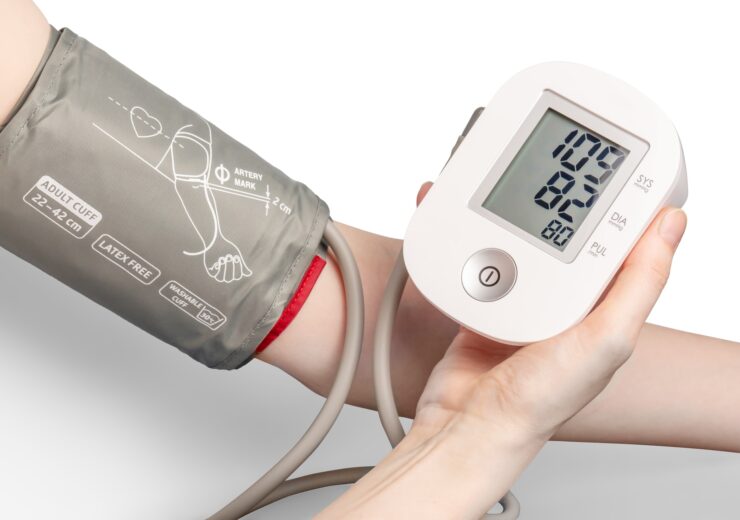The six-month follow-up data showed maintained blood pressure lowering effect following treatment with uRDN against sham, with fewer added antihypertensive treatments in the treated group

The Paradise system is a device designed for the treatment of hypertension. (Credit: Mockup Graphics on Unsplash)
Recor Medical, a subsidiary of Otsuka Medical Devices, said that its Paradise Ultrasound Renal Denervation (uRDN) system managed to maintain blood pressure (BP) reduction in three RADIANCE global clinical trials.
The Paradise system is a device designed for the treatment of hypertension. It has secured the CE mark for hypertension treatment in Europe and is an investigational device in both the US and Japan.
The six-month follow-up data from the three trials showed that patients had sustained blood pressure lowering effect following treatment with uRDN when compared to sham. It also saw fewer added antihypertensive treatments in the treated group.
RADIANCE study’s co-principal investigator Ajay Kirtane presented the findings in a session of annual scientific symposium of the Cardiovascular Research Foundation.
Kirtane said: “In this pooled analysis from the three sham-controlled clinical trials in the RADIANCE programme, we observed a continued effect of uRDN at six months even with a backdrop of intensive monthly escalation of medications to try to achieve blood pressure control.
“These data support the role of uRDN as a useful adjunct to established antihypertensive therapies.”
The RADIANCE pooled analysis has data gathered from 506 patients who were randomly assigned to the trials.
RADIANCE-HTN TRIO, a global programme, examined patients with resistant hypertension. On the other hand, the RADIANCE-HTN SOLO and RADIANCE II trials evaluated patients having mild-to-moderate hypertension.
After the two-month primary endpoint for each study, medical antihypertensive treatments were gradually added for both treated and sham arms.
This was intended to achieve a home blood pressure reading of less than 135/85 mmHg under continuous blinding if monthly home blood pressure was uncontrolled from two to five months after randomisation.
When compared to the sham group, the combined data showed that the uRDN group had added fewer drugs at the end of six-months, the hypertension-focused company said.
The variation in medication showed a -3.0 mmHg difference in the daytime ambulatory systolic blood pressure across the groups, thus favouring the uRDN system.
Likewise, the variations in systolic blood pressure between the office and home were -5.4 mmHg and -5.2 mmHg, respectively after a six-month period.
Furthermore, Recor Medical observed few safety outcomes and they did not exhibit any significant differences between the groups.
Additionally, the medical technology company has started the Global Paradise System (GPS) Registry in the UK and the European Union (EU), with plans for expansion globally.
